Coup attempt foiled in Ethiopia
On June 22, the Ethiopian army foiled a regional coup attempt in Bahir Dar, the capital of Amhara state. A rogue militia led by General Asamnew Tsige carried out several coordinated attacks in Bahir Dar and one attack in Addis Ababa. In Bahir Dar, the militia attacked the police headquarters, the regional president’s office, and the ruling party headquarters. According to Reuters, dozens were killed in those attacks, including Amhara’s state president and attorney general. In Addis Ababa, Ethiopia’s army chief of staff was killed by his bodyguard at home along with a retired general who was present at the time.
Fallout from the coup attempt has continued this week. On Monday, the leader of the coup, General Tsige was killed near the state capital, Bahir Dar. Police and security forces made a wave of arrests throughout this week, with nearly 250 having been arrested by Thursday. An Amhara-based opposition group, the National Movement of Amhara, announced that 56 of its members had been arrested in Addis Ababa on Wednesday. Relatedly, the government restored internet services on Thursday after shutting it down following the initial attacks on Saturday.
Zimbabwe scraps multicurrency system
On Monday, Zimbabwe’s central bank announced that the country would move to a single currency regime immediately with the RTGS dollar being the only legal tender. This is a shift from the past decade when the U.S. dollar, South African rand, and other foreign currencies were accepted. Earlier this year the government had announced plans to introduce a new national currency by the end of 2019. As part of this plan, the RTGS dollar was introduced as an interim currency in February.
There is concern that the sudden decision to scrap the multicurrency system and limited foreign reserves could spike inflation, which has been rising in recent months and was 98 percent in May. According to one analyst, “the country simply does not have the foreign currency reserves required to back its own currency.” Zimbabwe’s largest labor union and opposition party has opposed the move, noting that this would worsen the shortage of basic goods. According to Reuters, following the announcement on Monday, the RTGS dollar continues to trade at a discount on the black market, highlighting uncertainty about whether the transition to a single currency regime will be successful.
Kenya looks to expand oil processing, while Angola’s oil supply dwindles
On Tuesday, June 27, John Munyes, Kenya’s cabinet secretary for petroleum and mining, signed a head-of-terms agreement with oil companies Total, Tullow Oil, and Africa Oil Corp for development of an oil processing facility and an 820 kilometer crude oil export pipeline from Lokichar to Lamu. The facility is expected to be able to process 60,000-80,000 barrels per day. The entire project is estimated to cost $3 billion, making it the largest single private investment in the country.
In other oil news, the Financial Times reports this week that Angola, the continent’s second-largest oil producer, is running out of oil. Oil production has already been falling, from a peak 1.9 million barrels per day in 2010 to just above 1.4 million barrels per day now. According to Reuters, a fall in sales to China—which usually purchases about two-thirds of the country’s oil output each month, has also had a major impact.
Angola’s economy is also stagnating, with a predicted growth rate below 0.5 percent. Now, after reconfiguring state-owned oil company Sonangal, President João Lourenço is overhauling the regulatory environment around oil production in the country.
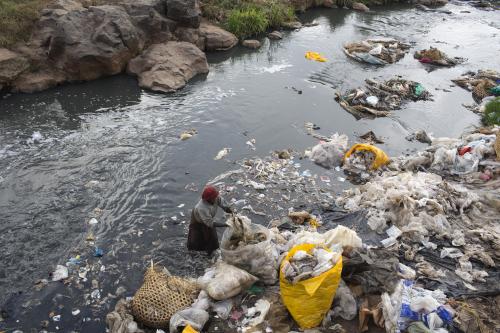

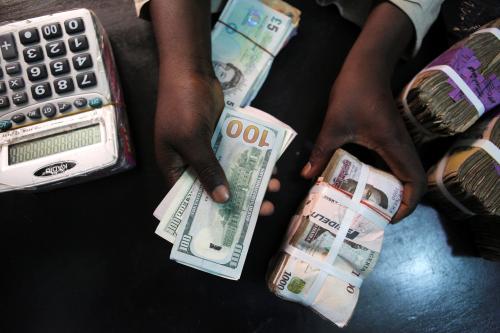
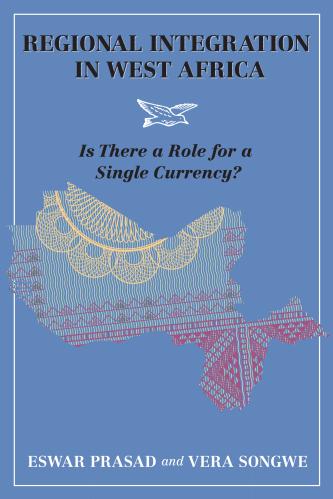
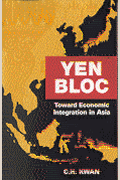



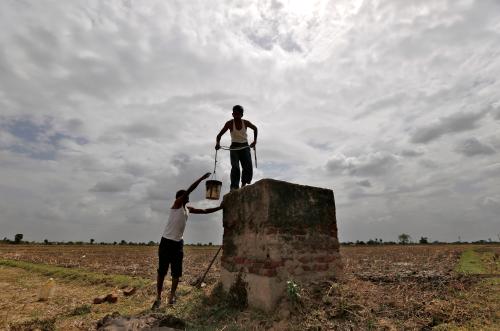

Commentary
Africa in the news: Ethiopia coup attempt, Zimbabwe currency reforms, and oil sector investments in Kenya
June 29, 2019